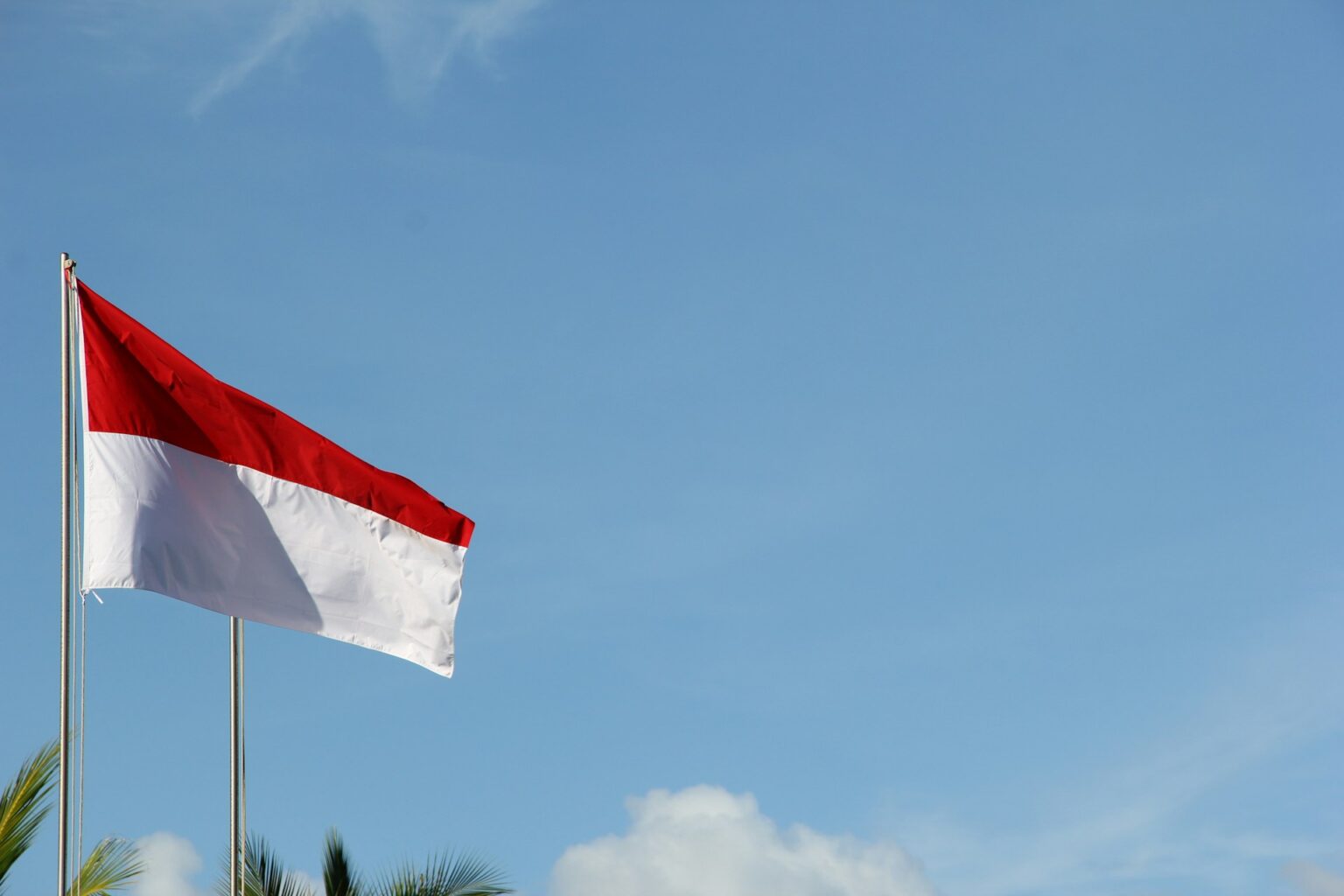As the digital economy expands at an unprecedented pace, countries worldwide are grappling with how best to regulate and tax the burgeoning cryptocurrency market. Amidst this global shift, Indonesia is taking significant steps to refine its tax policies concerning digital assets. These changes aim to balance fostering innovation with ensuring regulatory compliance, reflecting the dynamic nature of cryptocurrency markets. In this evolving landscape, understanding the nuances of such regulations is crucial for investors, traders, and financial analysts alike.
Indonesia to Increase Crypto Taxes: A Structural Overhaul
The Indonesian financial landscape is set for a transformation as the Ministry of Finance introduces new tax measures affecting cryptocurrency transactions and mining activities. Effective August 1, 2025, these changes are detailed in the Minister of Finance Regulations (PMK) 50/2025 and 53/3035. By aligning tax policies with the rapid development of the digital asset sector, these regulations aim to provide legal clarity and stimulate domestic regulatory alignment.
Key Tax Changes in Cryptocurrency Transactions
According to recent announcements, domestic digital asset exchanges will see an increase in transaction tax rates from 0.1% to 0.21%. For transactions executed on foreign exchanges, the tax will rise significantly from 0.2% to 1% starting Friday. However, the government has decided to exempt value-added tax (VAT) on these transactions, previously set between 0.11% and 0.22%. This exemption aligns with PMK 53/2025, which annuls certain provisions of PMK 11/2025.
Cryptocurrency and VAT Exemptions
The new rules categorize digital assets similarly to securities, thus exempting them from VAT. However, VAT will still apply to certain taxable services, such as electronic platforms facilitating crypto trades and services verifying transactions by miners. These nuanced distinctions aim to maintain fairness in the growing crypto economy while ensuring compliance.
Impact on Crypto Miners
For cryptocurrency miners, the regulatory changes bring a revised VAT rate, increasing from 1.1% to 2.2%. In addition, the special income tax rate of 0.1% will be abolished, meaning mining income will be subject to standard personal or corporate tax rates starting in 2026. Compliance with these new regulations is mandatory, with penalties for non-compliance as outlined in the General Provisions and Tax Procedures Law.
Indonesia’s Strategic Regulatory Transition
The evolving tax policy is part of Indonesia’s broader strategy to regulate cryptocurrency use effectively. In a statement, crypto trading platform Tokocrypto called for fiscal incentives to cultivate industry innovation. Highlighting the disparity between the new crypto tax rate and the capital gains tax from stock investments, they stressed the need for enhanced regulatory oversight, particularly concerning foreign platform transactions.
Market Insights and Adoption Trends
Indonesia’s crypto landscape is marked by robust growth, with over 20 million users on crypto exchanges by 2024, surpassing stock market participants. The transaction volume of digital assets soared to $39.67 billion, underscoring the nation’s high adoption rate. Nevertheless, critiques remain regarding previously restrictive measures, such as bans on digital assets for direct payment and dual taxation concerns, which some argue have stifled market progression.
Future Trajectories and Regulatory Outlook
Recent regulatory shifts reflect Indonesia’s commitment to a stringent yet welcoming legal framework for digital currencies. Following the transfer of industry oversight from the Commodity Futures Trading Agency (Bappebti) to the Financial Services Authority (OJK) in January, the government is charting a course towards transparency and international regulatory alignment.
“`html
What are the new tax rates for crypto transactions in Indonesia?
Domestic cryptocurrency exchanges will see a tax rate increase from 0.1% to 0.21%, while transactions on foreign platforms will be taxed at 1%, up from 0.2%.
Why has Indonesia exempted VAT on digital assets?
The exemption aligns digital assets with securities, removing VAT to encourage fair taxation and compliance within the crypto sector, although specific taxable services remain subject to VAT.
How do these changes affect cryptocurrency miners?
Miners will face a higher VAT rate of 2.2%, and income will be subjected to regular personal or corporate tax rates, replacing the previous 0.1% special tax starting 2026.
What steps are being taken to enhance regulatory oversight in Indonesia?
Regulatory oversight is being enhanced by transitioning supervisory roles to the Financial Services Authority (OJK), promoting a transparent and internationally compliant legal framework for digital currencies.
“`
In conclusion, this detailed overview of Indonesia’s revised cryptocurrency tax policies sheds light on the intricate regulatory environment shaping the future of digital assets in the country. As the global financial landscape continues to evolve, staying informed on such developments is vital for making strategic investment decisions.

